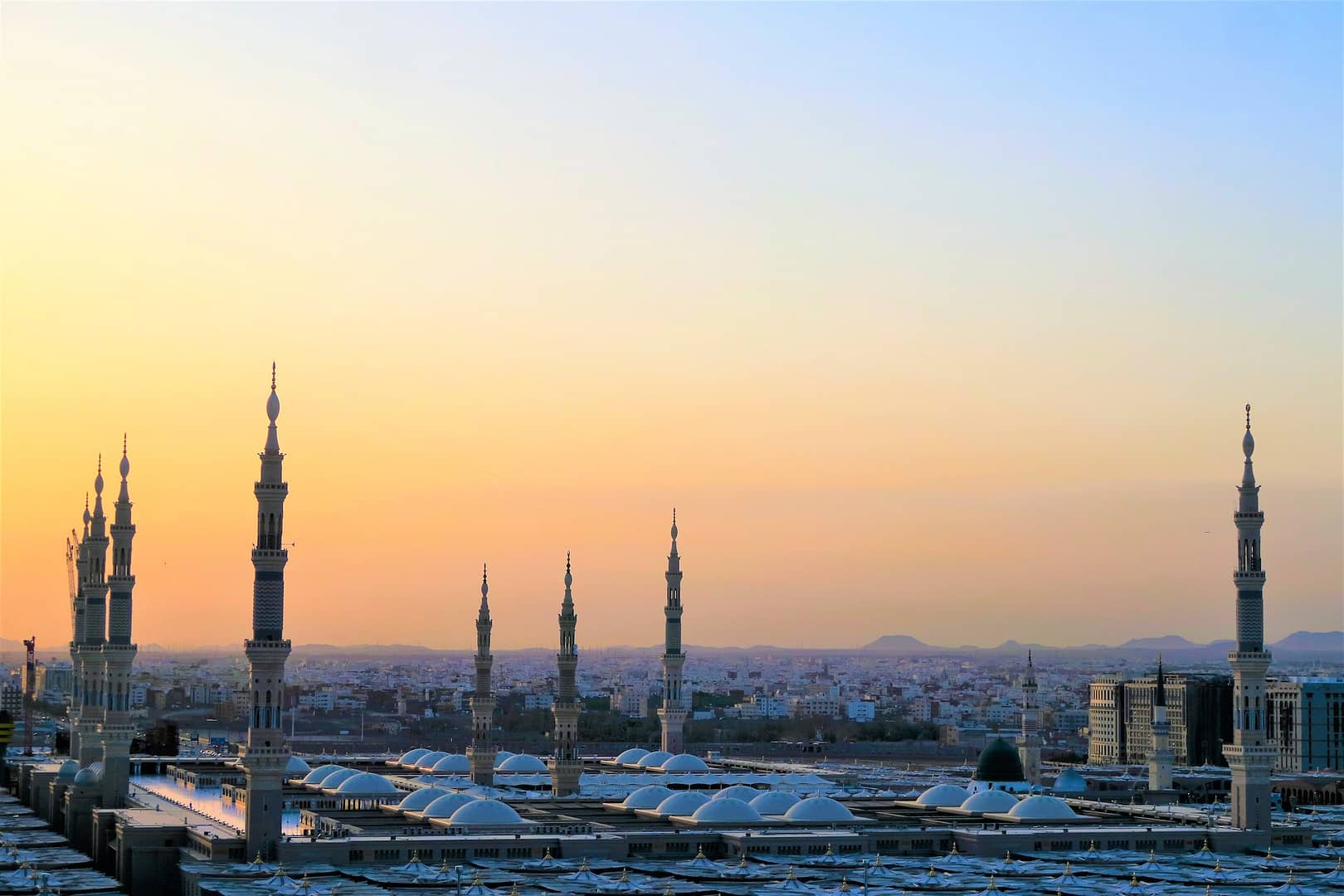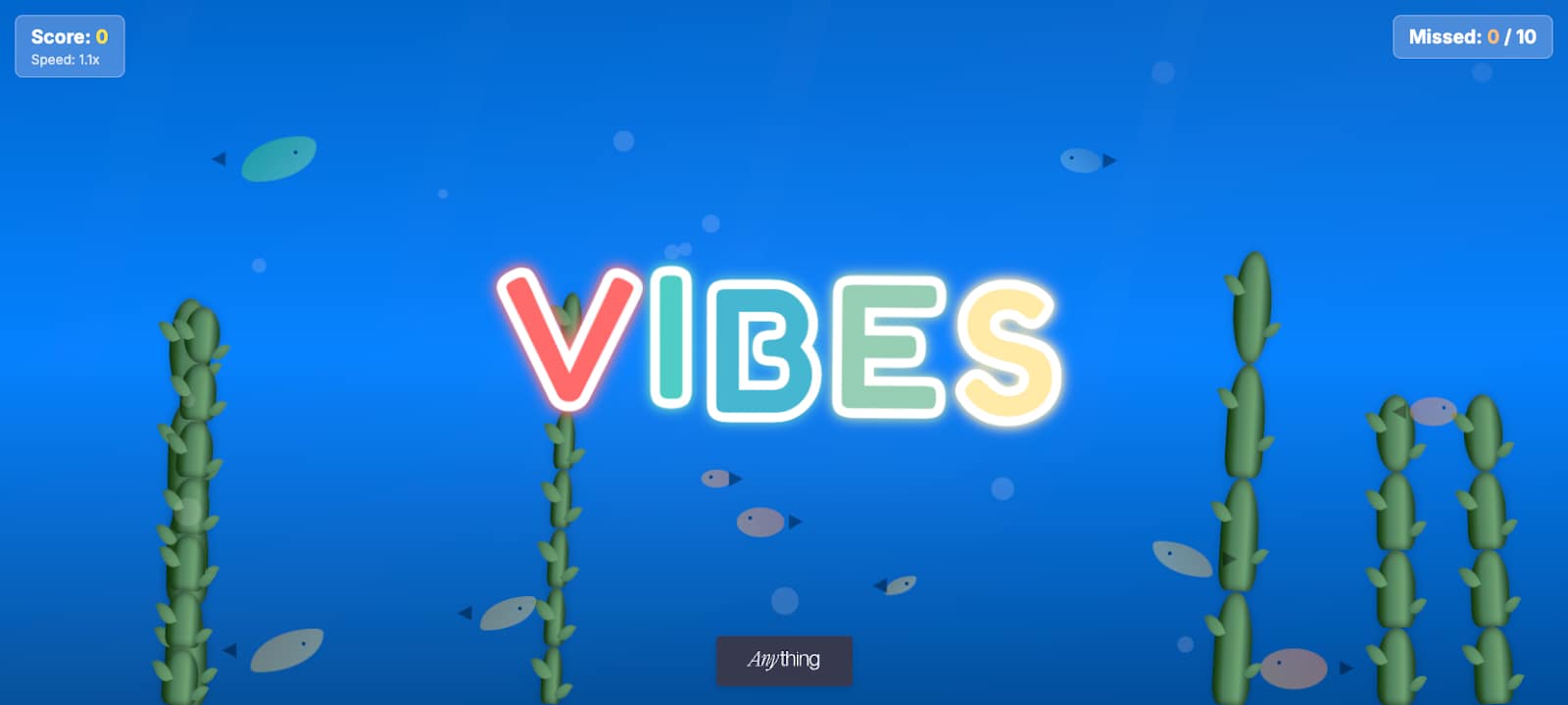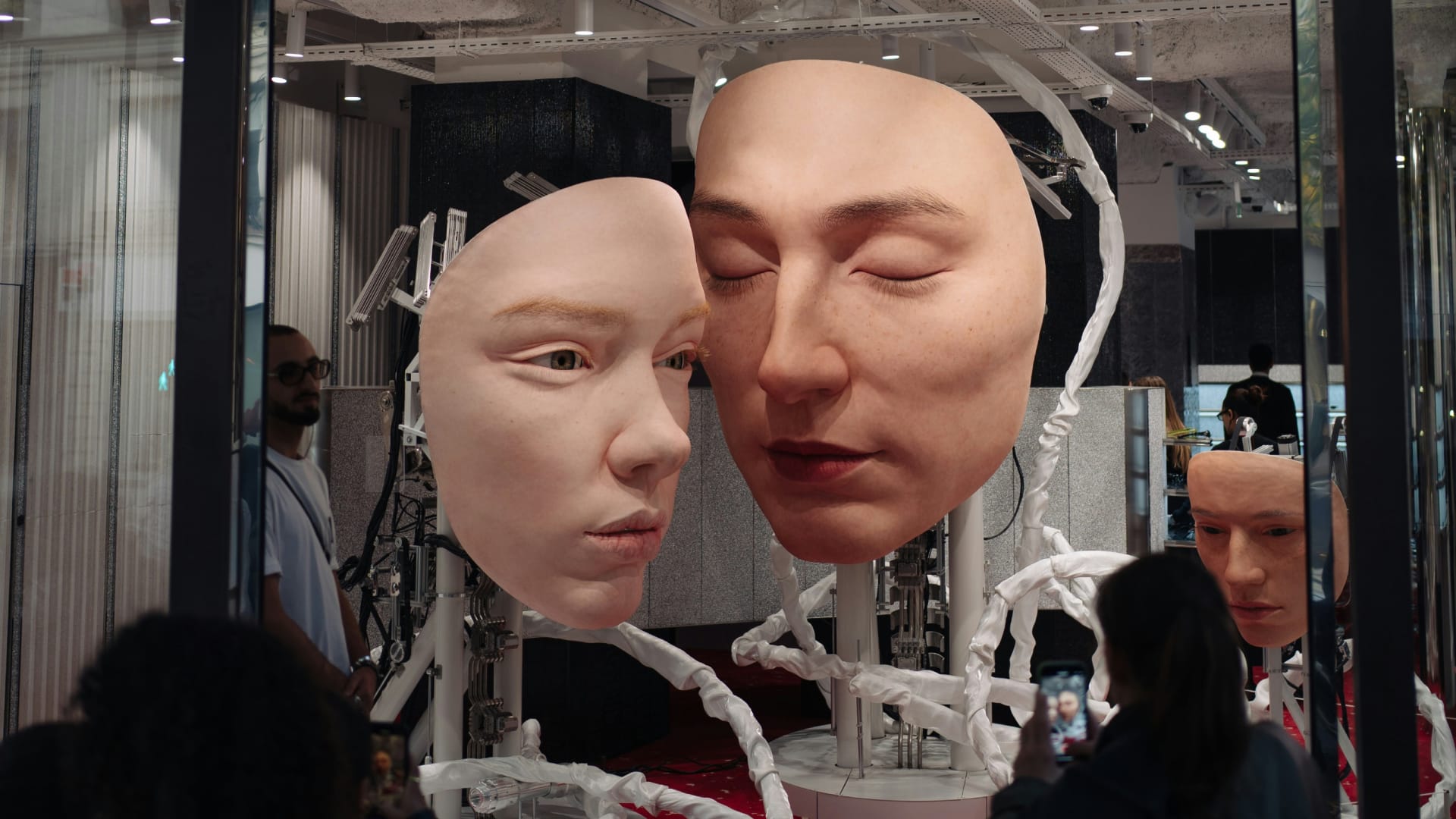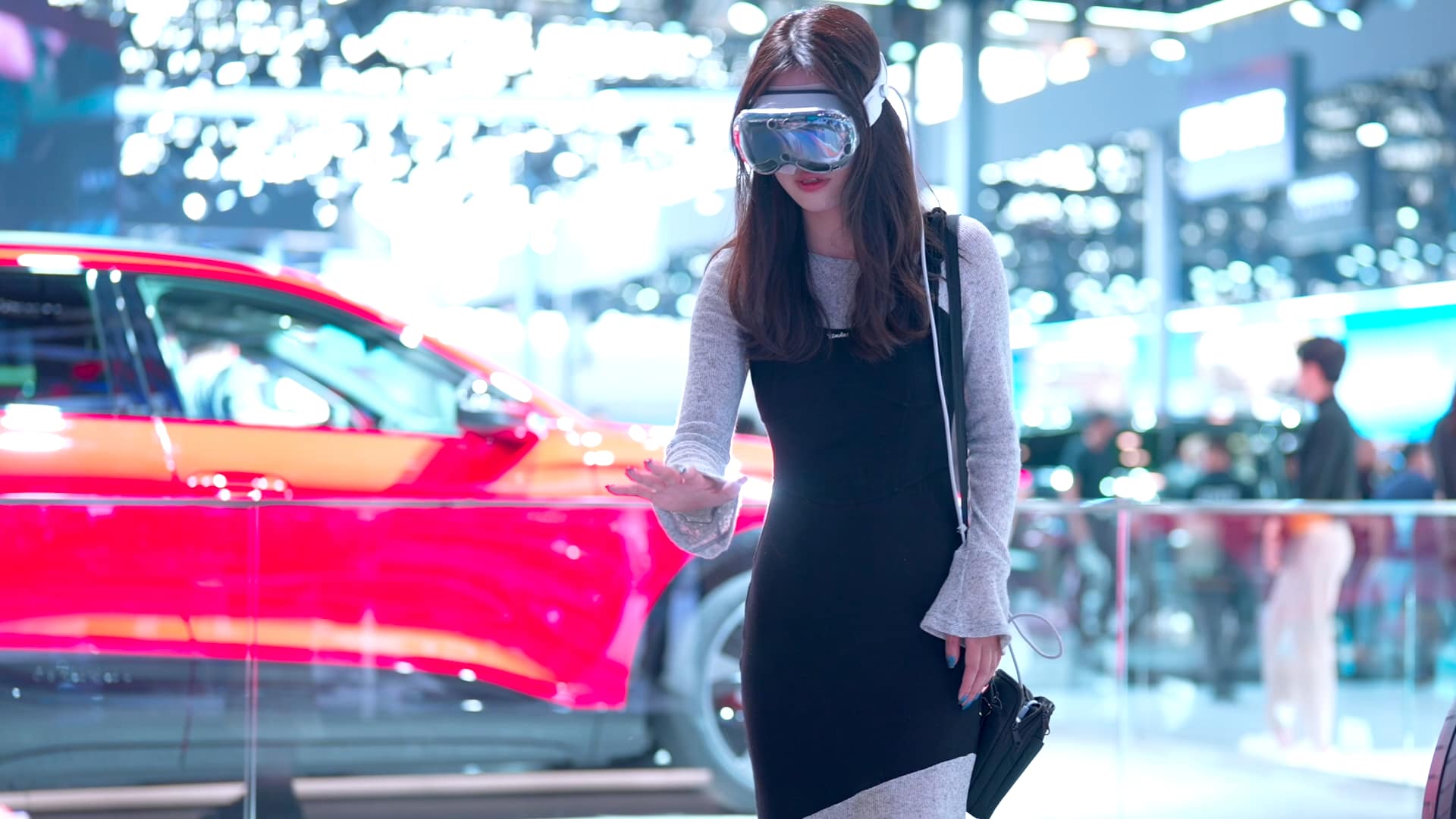
This article first appeared in Arab News.
In 1998, Joe Pine and James Gilmour coined the term “experience economy” after identifying experience as a powerful economic output with the ability to transform countries.
With consumer attitudes shifting and younger generations favouring experiences over goods or services, the Gulf economies have been embracing this medium and moving toward becoming more experience-led in recent years.
Saudi Arabia is a great example of a destination truly harnessing the shift in consumer behaviour and capitalising on experiences. With their current development of entertainment megaproject Qiddiya — a 367 sq km project which will include a Six Flags theme park, water parks, motorsports, hotels and more — the Kingdom is aiming to attract international experience seekers.
Dubai is another example when it comes to understanding the growing number of travellers in search of new adventures. As a result, the city has benefited from the “magnetic effect” of its destinations, and its ability to reinvent experiences and generate revenue.
By the end of this year, the Gulf States will have been one of the most prominent regions to embrace experiences on a global level, with Expo 2020, the FIFA World Cup Qatar 2022 and Vision 2030 laying the foundations for an exciting region-wide transformation.
This push to welcome large-scale events may seem like grandstanding and an opportunity for countries to showcase their vast oil wealth to the world. But at its heart is the realisation that to diversify their economies, they must look beyond oil and embrace rapid change.
Caught in the moment
So, let’s take a closer look at experiences and the benefits of embracing this medium as a force of change.
The technological advancements we see in society are part of the acceleration and focus on experiences. National moments are now captured, shared and amplified at a much more rapid rate. And once they are online, they become synonymous with a global time bank.
Think of the Queen’s Jubilee or the Mars Rover landing; these were international events captured online which became collective memories spanning borders.
The Gulf States have an incredible advantage with their ability to design and deliver best-in-class experiences at speed and with less red tape. This edge allows for creating highly innovative experiences that push the boundaries of what connected experiences can become.
According to the World Travel & Tourism Council, tourism accounts for one in five jobs globally. Nations like Saudi Arabia recognise the opportunities created by enhancing the tourism experience. The Kingdom hopes to increase the number of visitors by expanding and streamlining the tourist visa application process, which will help to achieve some of Vision 2030 goals.
More importantly, increasing the number of guest experiences in the Kingdom will correct many preconceptions. The hosting of major sporting events will allow the Kingdom to connect with new audiences and create transformative experiences, not just for the guests but for the hosts.
Opportunities are being created for collective “where were you” moments: these collective memories could transcend time. A great example is when Nelson Mandela appeared wearing a Springboks shirt as South Africa won the 1995 Rugby World Cup; it became a collective national memory and a symbol of unity and cohesiveness.
For Qatar, the World Cup can also be that same pivotal national memory maker, leveraging sport’s ability to bring communities together through experiencing a global shared passion.
Learning experience
In a world where nearly everything can be bought or sold online, the future of retail lies in something unbuyable: the creation of memorable moments. And while the world becomes increasingly obsessed with automation and convenience in the never-ending quest to save time, any newly discovered time is spent on experiences.
As younger generations favour experiences over possessions, there is a massive opportunity for retail brands to harness this sentiment by creating experiential shopping experiences to connect with today’s consumers.
By harnessing the power of experiential, retail brands can stand out in an increasingly crowded marketplace and create these moments that people feel they must be part of. Limited edition launches, pop-up shops and in-store masterclasses are examples of ways brands can create this fear of missing out moments for consumers and stay front of mind for the long term.
The potential of a future, more established metaverse will also transform experiences for the next generation. For example, Tonomus, a subsidiary of Saudi’s NEOM project, has invested $1 billion in 2022 in AI and metaverse platforms as part of improving the experience of its residents.
While we have yet to fully imagine the impact of a country’s presence on the metaverse, it is safe to say the historical confines of geography will no longer limit these nations in the near future.
Citizenship in the metaverse may no longer require a permanent presence. The number of attendees will no longer limit extensive experiences. The possibilities are endless, and the questions are yet to be answered.


